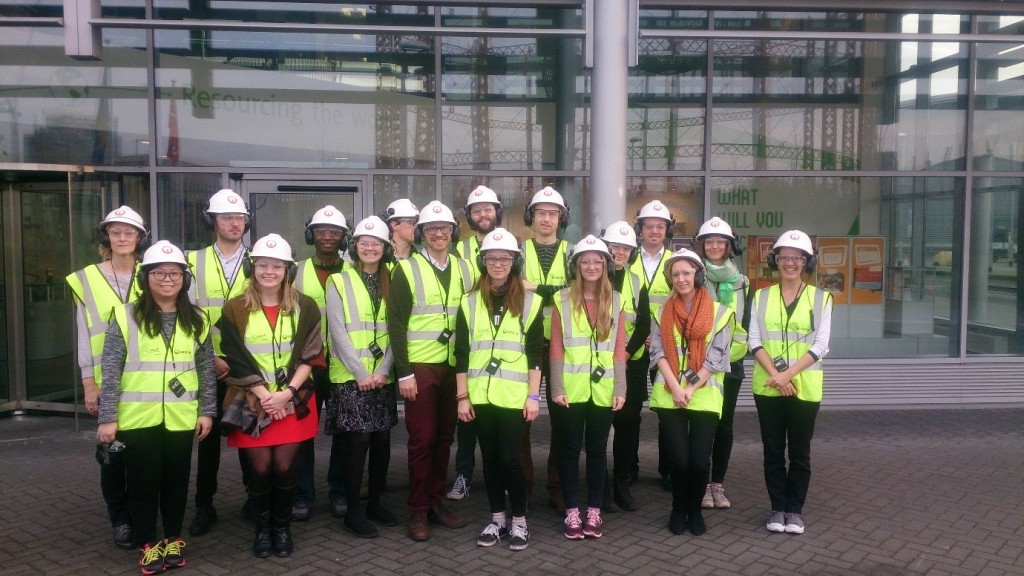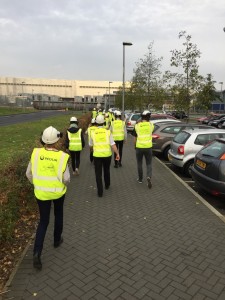 This week’s guest blog comes courtesy of Laura Westwood. Laura is an Internal Auditor within the Directorate of Strategy, Planning & Assurance.
This week’s guest blog comes courtesy of Laura Westwood. Laura is an Internal Auditor within the Directorate of Strategy, Planning & Assurance.
(The views presented do not necessarily reflect those of King’s Sustainability.)
The last couple of months have seen a proliferation of posters and a new recycling bin in the Directorate of Strategy, Planning & Assurance. Handily located at the tea point, the new bin makes each coffee break an unavoidable opportunity to do our bit – and we’ve additionally committed to using only eco-friendly coffee pods.
Before the bin arrived, we had to walk to the kitchen across the corridor to recycle waste. Hardly an onerous task, I admit, but when one lunches al desko on rainy days, absent-mindedly favouring the nearest receptacle can become a habit. I have rescued several stray banana skins from the floor under my desk this week, as I habituate to our personal bin ‘cull’!
When our Directorate Sustainability Champion, Sian, came to the Internal Audit team meeting, the information she shared with us showed that some of the choices we make with good intentions may in fact be ill-informed. I had been convinced that rinsing my cup under the tap was preferable to leaving it in the dishwasher, but Sian explained that if we avoid using sinks and run one dishwasher cycle per day, our energy efficiency will improve.
My personal good news story is that, confronted with the information on one of our new office posters that King’s produces ten tons of waste each day, I logged into Papercut for the first time and resolved to curtail my printing activities. I find it much easier to absorb information when I read it on paper, but I’ve made a concerted effort. My first zero-printing week occurred this month, and I hope for many more.
The next step for the Strategy, Planning & Assurance sustainability team is to advance our ideas for contributing to the local community. Talks are underway with local organisations to build on the success of previous years’ clothing collections by welcoming homeless guests for a hearty meal served by King’s staff and students. New and nearly new clothing and accessories are planned to be collected and displayed in ‘retail’ style, so that guests can browse at leisure and select pieces to take away.
All in all, the drive for sustainability in SPA has pushed me to fully accept my duty to demonstrate sustainable behaviours at work. However insignificant our individual ‘oops’ moments may seem amongst an 8000-strong staff population, they add up to serious environmental impact. I can no longer gloss over my environmental footprint, because with Sian’s help, it has been laid out in front of me – and I’m thankful for that.
Laura Westwood is an Internal Auditor within the Directorate of Strategy, Planning & Assurance.

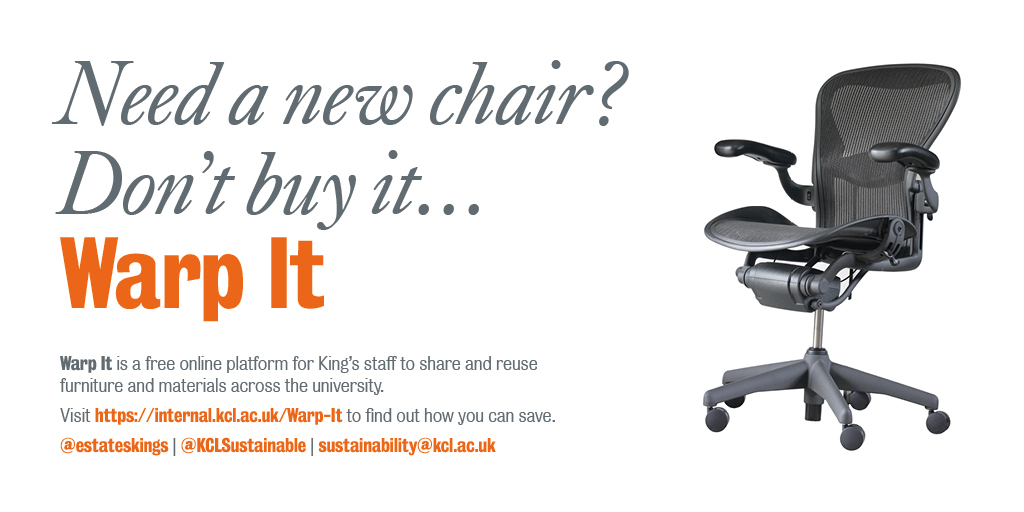 At the moment, Warp It is only open to staff. If you are interested in signing up and start reusing furniture, please visit the
At the moment, Warp It is only open to staff. If you are interested in signing up and start reusing furniture, please visit the 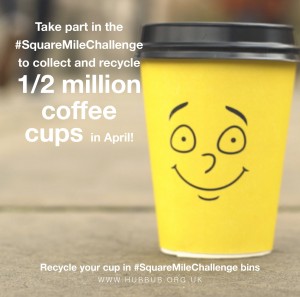
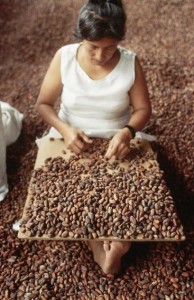 With more and more companies now offering Fairtrade chocolate, Easter is the perfect opportunity to support the scheme. The
With more and more companies now offering Fairtrade chocolate, Easter is the perfect opportunity to support the scheme. The 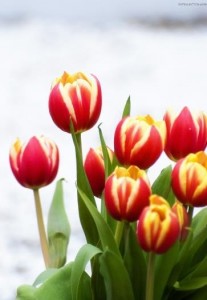 ood, Easter can also be a great time to enjoy the (hopefully) warm weather! With the stressful exam period coming up, making use of green spaces can help clear your mind – even if you don’t have time for extended walks, you could move your workspace outside for a few days. There are plenty of green spaces around London (e.g. Richmond Park, Southwark Park, Primrose Hill, Hampstead Heath etc.), and if you want to get your hands dirty, you can try out some
ood, Easter can also be a great time to enjoy the (hopefully) warm weather! With the stressful exam period coming up, making use of green spaces can help clear your mind – even if you don’t have time for extended walks, you could move your workspace outside for a few days. There are plenty of green spaces around London (e.g. Richmond Park, Southwark Park, Primrose Hill, Hampstead Heath etc.), and if you want to get your hands dirty, you can try out some 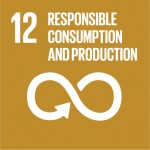 And not just for the environment – it can save you money too! King’s Food will give you a free hot drink if you buy a KeepCup from them. If you already have one, you get 10p off your drink every time you use it. Starbucks will give you 25p off your drink if you bring your own cup, and Caffe Nero will give you double stamps for your loyalty card.
And not just for the environment – it can save you money too! King’s Food will give you a free hot drink if you buy a KeepCup from them. If you already have one, you get 10p off your drink every time you use it. Starbucks will give you 25p off your drink if you bring your own cup, and Caffe Nero will give you double stamps for your loyalty card.